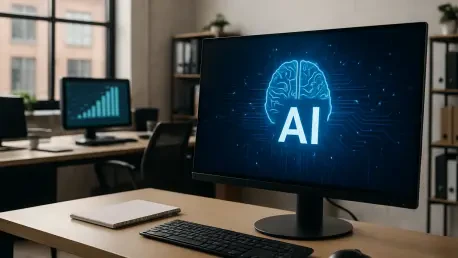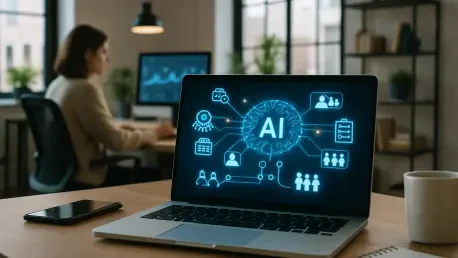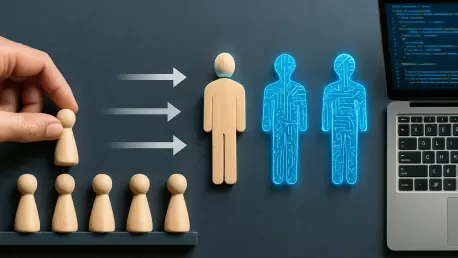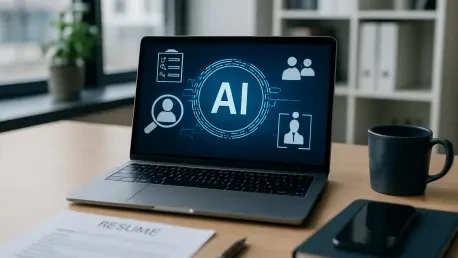
Recent findings from a comprehensive survey reveal a striking paradox in the corporate world: despite an overwhelming 97% of U.S. enterprises adopting artificial intelligence (AI) technologies, only half of these organizations report experiencing widespread benefits across their teams, raising

In today’s fast-paced work environment, nearly 70% of employees report feeling overwhelmed by fragmented tools and disconnected systems that disrupt focus and hinder productivity, painting a clear picture of a modern workplace challenge. This guide offers a step-by-step approach to leveraging

What happens when a single phone call can make or break a candidate’s journey with a company, especially in today’s hyper-competitive job market where that first interaction often sets the tone for everything that follows? Phenom, a trailblazer in talent acquisition technology, has launched an

In the fast-paced world of global finance, hedge funds are undergoing a dramatic transformation, driven not just by market dynamics but by a fundamental change in the skills required to stay competitive, as they find themselves at a crossroads where technology and data reign supreme. Once dominated

Artificial Intelligence (AI) has cemented its place as a transformative force in the tech industry, particularly in how talent is sourced and hired by late 2025. No longer a futuristic concept, AI is actively redefining recruitment strategies across companies of all sizes, from nimble startups to

Imagine a workplace where artificial intelligence tools promise transformative efficiency, yet employees struggle to use them due to inadequate training, leaving organizations unable to reap the full benefits. This scenario is becoming all too common as AI rapidly integrates into business